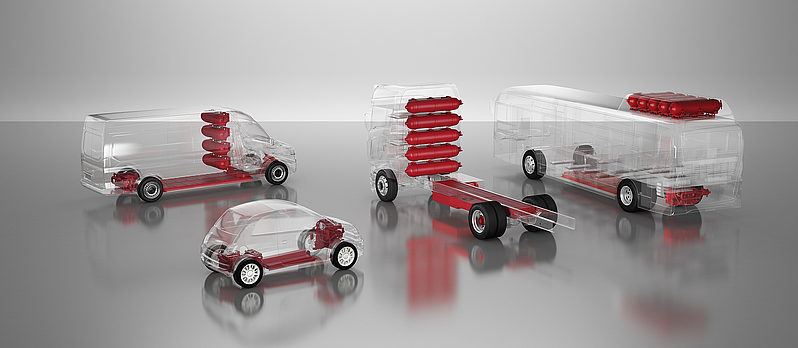In June, FEV Consulting, which among other activities develops hydrogen fuel cells, published a study for the VDMA – a European network association in the mechanical and plant engineering sector – setting out the following scenario: In the year 2040, US$12.5bn turnover will be generated by fuel cell components for passenger cars in Europe and US$85bn globally. However, it noted that despite the known advantages, the field of hydrogen fuel cell development is still relatively young and only a few development and test procedures have been established to date.
Here, the company, which is part of the FEV Group, hopes that its experience with the development of individual cells, stacks and systems can be of use. The group noted that its capabilities include development and design, construction, vehicle integration, commissioning, calibration and testing of components and complete fuel cell systems.
In addition, the company operates six dedicated fuel cell test rigs at its Center for Mobile Propulsion located within its global headquarters in Aachen, Germany, which can be used to test fuel cell systems with a system output of up to 300kW in a standardized process. A flexible test stand is also available for testing fuel cell stacks up to 50kW and auxiliary units for fuel cell systems. Ambient conditions can be realized from -40°C to +120°C and a relative humidity of 10% to 98%.
These test benches were developed completely in-house by FEV. The measurement technology, software and equipment are provided by FEV Software and Testing Solutions (STS), a FEV Group company, which also sells test benches for cell and stack testing.


